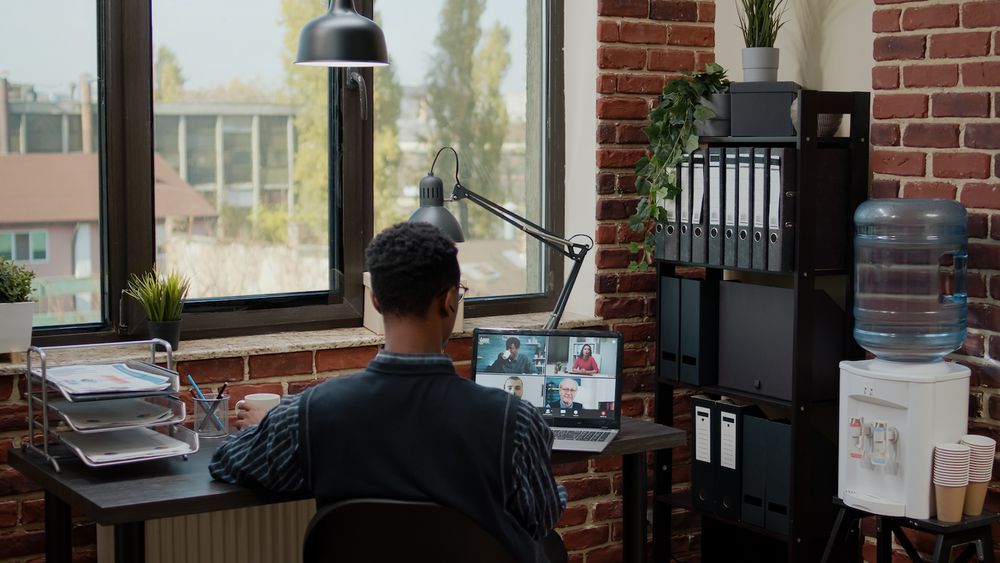How this creative director makes the most memorable marketing content
For Alex Wilson, Executive Creative Director at Amplify, making marketing content is like creating any other type of content: it's focused on capturing (and keeping) the people's attention. "You are able to inform people through the lens of entertainment," Alex says. Alex. "I think people don't mind being marketed to or advertised to if they enjoy it."
Amplify is a worldwide creative company that specialises in marketing that is experiential, generating massive-scale experiences and campaigns for companies like Playstation, Netflix, Levi's as well as many other. "We can bring creativity to life across all channels," says Alex. "Historically, we're known for being more of an agency for experience, however content was always the heart of what we did."
We were able to talk with Alex to discuss his process of creation and views on the present marketing market. Check out the highlights of the chat or watch the video interview below.
What's the name of your North Star when it comes to creating video?
"Our mission is always to inform and entertain. I think that's one of the greatest advantages in video-based content. It allows you to do that with a captive viewers. In the end, whenever someone comes to us, maybe wants to use this technology in order to do some thing, we consider the moment as being an individual scene, or canvas in a larger piece of story telling."
What can you do to ensure you're making something great? What keeps you on track?
"Audience, always. Anyone we're talking with is the key. Are you speaking to them in the places they would like to be spoken to in the manner they would like to be spoken to? It is important to begin with the audience and how you can best speak to them, and give their experience to them. Do not interfere with their experiences, but to elevate it."
How do you know what type of content is appropriate for your particular client?
"Whether it's an immersive TV show or a search for the largest fan of a certain show that's on Netflix and whether or not it's about creating a world around a mobile phone device and breaking the rules of how a retail setting can be, or launching the newest sneaker, the newest game title. Everything we do starts with the audience and then eventually the concept of how to implement that concept on a myriad of platforms.
We aren't always able to be working towards a particular outcome. Obviously, our clients and briefs often come to us with this however, what this compromise, collaboration and co-creation originates from. is allowing you to find the ideal solution and even if that's not necessarily what they thought that it would be initially."
How do you evaluate the results of your efforts?
"For us, the question is 'Did we tell that story authentically to the target audience we intended the story for?' That's the only thing we have to understand. We deal with a variety of cultures and subcultures. We've got an incredible strategic part of our organization that focuses on culture. We've always, as an agency, been very in line with that.
We are trying to partner with individuals rather than broadcast directly to them. Instead, we invite them in to co-create and help us create those experiences and content by working with them in order to ensure that the experience is successful for them and their viewers. The question is layered regarding what success might refer to, but if you produced that content in ways that was well accepted by the viewers, then that's a good gain for us."
What's the greatest advice you've ever received?
"My chief creative officer, Jeavon Smith, said that to me "Ignore the noise. I believe that ignoring the noise is very useful in many situations. It allows you to focus only on the work you're here to do and what others will be doing with you and move together as one because there is a hell of a lot of sound."
Which one do you prefer ?
"Lots of employees working in the studio as well as the agency employ it in lots of ways. Inspiring is certainly one of these. Finding new talents is one of the best for us for that. In terms of an internal use, we talk about our work ultimately as a portfolio of works. If we have to locate an examples of work we've done or document this information in some way it allows us to return and retrieve that."
